Cross the Crimean sparkling wine off the list. The lingerie from Luhansk and felt boots from Donetsk could be next.
Financial journalist Yulia Sarotsyna spent a year living only off products made in Ukraine for a relentlessly upbeat blog to promote local brands. On the road for five months, she found toothbrushes from Kharkiv, sausage in the north, and even snails in the capital Kiev: “I discovered that Ukraine produces absolutely everything for a comfortable life,” she wrote.
But two weeks after she finished her project, an uprising forced Ukraine's pro-Russian president to flee the country. Moscow responded by seizing and annexing the Crimean peninsula in the Black Sea. Pro-Russian separatists have declared an independent “People's Republic of Donetsk” in the east and seized towns and cities while police were helpless to stop them.
Tens of thousands of Russian troops are massed on the frontier, with President Vladimir Putin openly threatening to invade to protect Russian speakers. A nation of 45 million people on a territory the size of France is falling apart.
Sarotsyna shelved around 20 of her product reviews because the tone seemed inappropriate when people were getting killed.
“We could not even agree whether it was right to write cheerful pieces about our latest offering because it may offend those people who are fighting for the right to live in a normal country and are suffering because of it,” she wrote.
Her later posts were given a more explicitly political slant. One is labeled: “Economic patriotism: How to defeat Russia without leaving the supermarket.”
EVERYTHING IS UNCERTAIN
Not only has Ukraine lost territory and found itself facing the threat of losing more, the crisis has undermined the entire concept of national unity in a country that has struggled to form an identity since emerging from the Soviet Union in 1991.
Questions that once seemed trivial now create intense political passion. Many Ukrainians describe a feeling of disorientation that has penetrated deeply into a young country that was still searching for its place in the world.
“Everything is uncertain now, and that gets to you,” said 42-year-old Oleksander Kleimenov, a television producer in the Ukrainian capital.
“It's hard to figure out who is speaking the truth and who isn't. Whether people are saying one thing but actually mean another, or say one thing to make you think they believe something else when actually they are doing a third thing. It is incredibly hard to know who to trust.”
Ukraine has a thousand-year history as a state, but spent centuries carved up by neighbors Russia, Poland, Lithuania and Austria. Its current borders were drawn by Bolshevik commissars out of provinces of the former Russian and Austrian empires.
It endured perhaps the worst 20th century of any place on earth. Millions perished in a famine engineered by Stalin in the 1930s, when Ukrainian peasants were forced into collective farms and shot for class crimes like owning a cow.
During World War Two, German occupiers wiped whole villages off the map, besieged Ukraine's cities and extinguished the entire culture of its Jews. Then, returning Soviet forces exacted revenge on suspected collaborators. New territories were annexed from interwar Poland and ethnically cleansed. Nationalist partisans kept fighting Soviet rule for decades.
Since the fall of the Soviet Union, much of that grim history seemed to recede. Kiev became a pleasant capital city, with bars open late. Ukraine won the Eurovision song contest in 2004 and placed second twice since. In 2012 it co-hosted the European soccer cup jointly with Poland.
But the violent uprising that toppled pro-Russian President Viktor Yanukovich in February and the loss of territory that followed have resurrected the animosities from its older history. People are now quick to describe their foes with the language of “treason”, “fascism” and “collaboration”.
In parliament debate is often reduced to cat-calling over who should take the blame for failing to crush the pro-Russian uprising in the east and for losing Crimea.
A security source said it was almost impossible to get direction from a chamber so deeply split. At a closed sitting last month to discuss Ukraine's flagging “anti-terrorist operation” in the east, the source said half the chamber supported bolstering it, while the other half wanted it eased.
After spending weeks avoiding the limelight, members of Yanukovich's Party of the Regions have regained confidence and are again asserting themselves as defenders of Russian speakers. While they do not support secession for the east, they blame Kiev for provoking separatism by ignoring legitimate demands.
“The authorities are dead to the demands of their own people,” Mykola Levchenko told a briefing on Tuesday.
Meanwhile, those who helped topple Yanukovich are growing increasingly angry at the government for failing to stop the east of the country slipping out of its grasp.
At Kiev's central square, where shrines memorialize the “heavenly hundred” killed during the final week of protests against Yanukovich, activists like Oleksei Kripkov call the Rada, or parliament, the “Zrada” – Ukrainian for “treason”.
A former miner, he said his house has been burned down in his native Luhansk, near the Russian border, because of his participation in the revolt against Yanukovich. He and other members of Ukraine's “self-defense force” will stand their ground, manning their green army tents and field kitchens until a presidential election due on May 25.
“If the new president is not to our liking we will get rid of him straight away,” the 39-year-old said. “They answer to us, we are the ones who turned things around, we got them in power.”
Two months after the fall of Yanukovich, the protest camp is starting to appear out of place as cafes along Kiev's main thoroughfare again put tables and chairs onto the pavements.
Some residents fear the activists' camp offers cover for criminals and thugs. One gay man, who asked not to be identified for security reasons, said he was attacked after talking to a man in an Internet chatroom. He later saw his attackers milling around the city center, carrying his rucksack and mobile phone.
The police said they had no information on the number of attacks in Kiev over the last two months.
MORE FRACTURES
Plans to hold an election for president on May 25 are likely to create more fractures in society, by pitting groups that had united to oppose Yanukovich against each other.
According to opinion polls, confectionary tycoon Petro Poroshenko, who briefly served as Yanukovich's economy minister but supported the pro-European uprising, is the frontrunner.
Yulia Tymoshenko, a divisive former prime minister who was imprisoned by Yanukovich, is a distant second. Some of her opponents suggest that she might try to prevent the election from taking place if she thinks she will lose, although her supporters deny she would do such a thing.
Both leading contenders are veteran oligarchs who became wealthy mixing business and politics in the chaotic post Soviet years. Ukrainians who hoped for new leadership are despairing.
“There is no choice. I just want to vote for someone who will take on the police and the courts. Without the rule of law there is no trust, and these are the most corrupt institutions,” Kleimenov said.
Sarotsyna, meanwhile, is still urging unity by promoting Ukrainian products. Last month she pitched domestic lingerie as a “pleasurable and patriotic” International Women's Day gift.
“Panties are our secret weapon in the struggle against the enemy,” Sarotsyna wrote.
Additional reporting by Sergei Karazy and Natalia Zinets in Kiev; Editing by Peter Graff






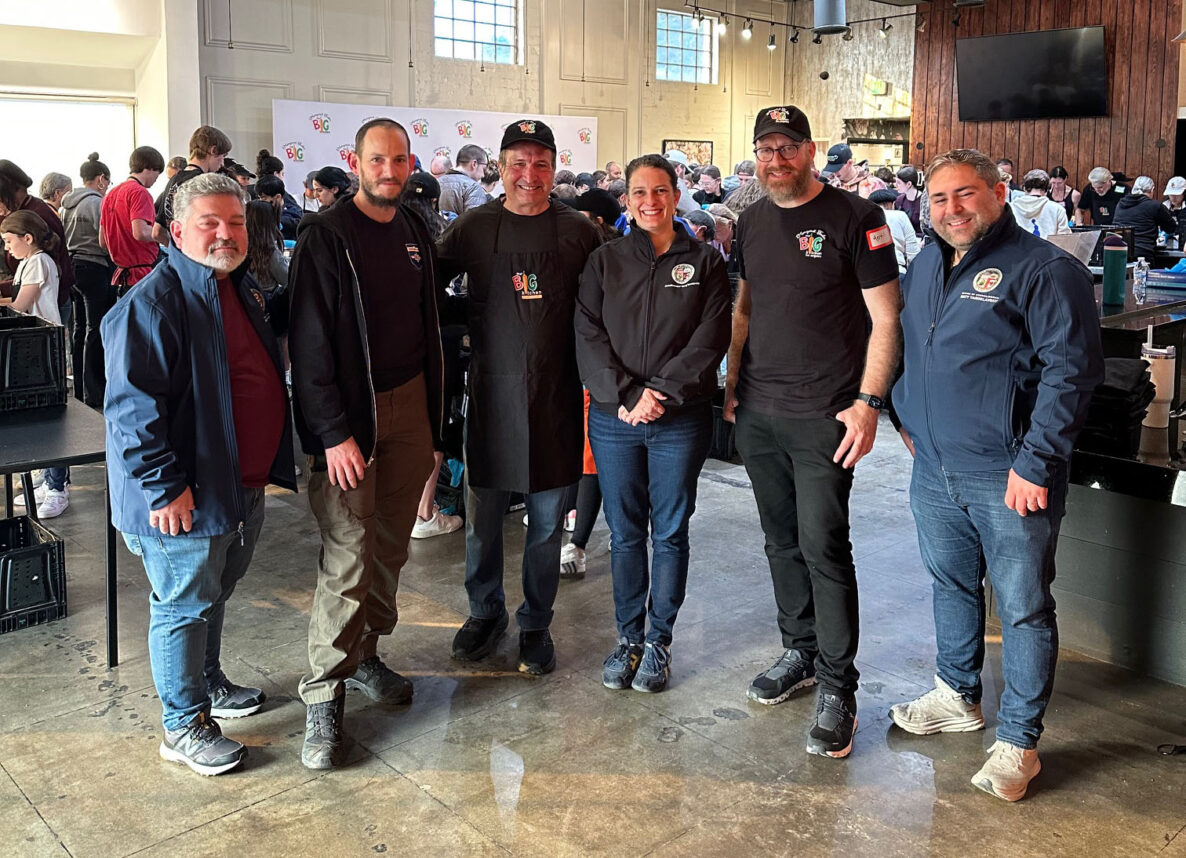
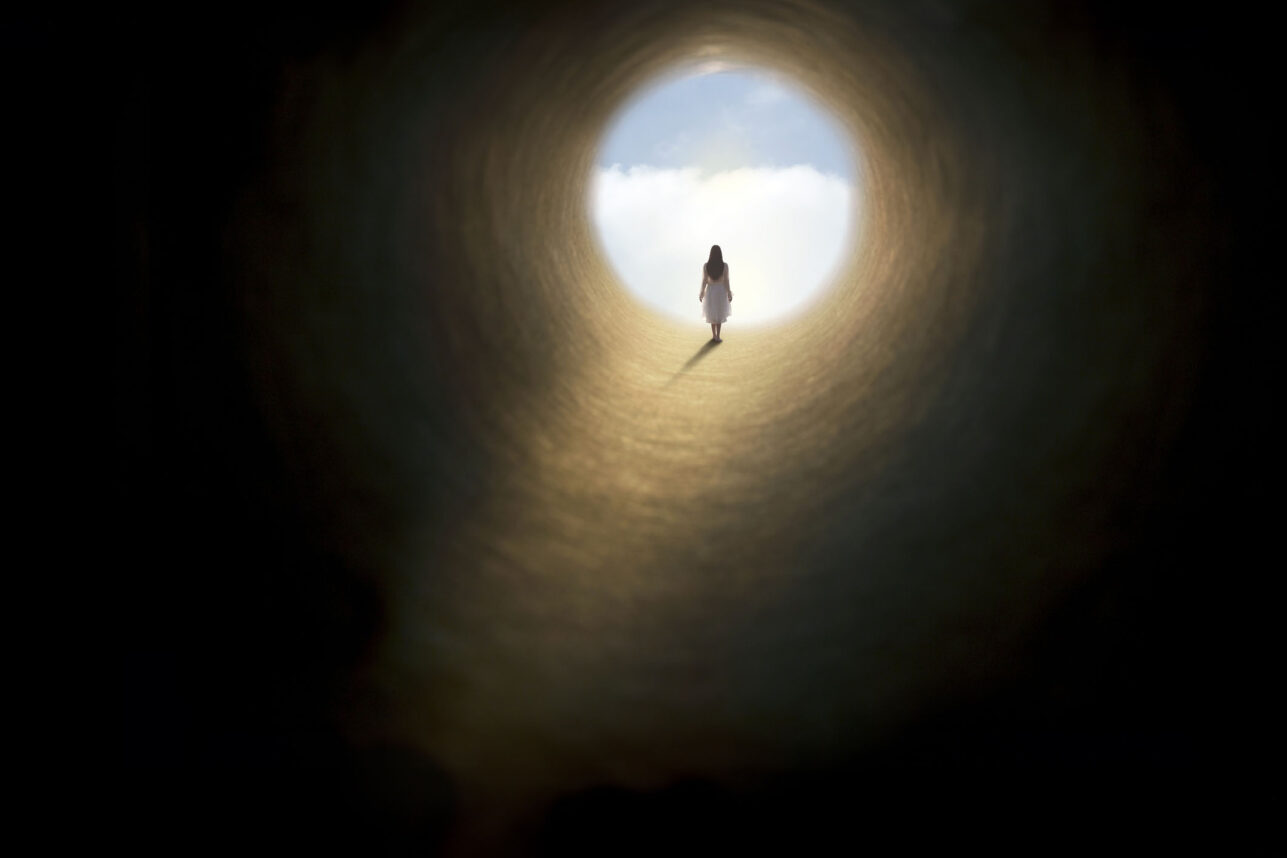
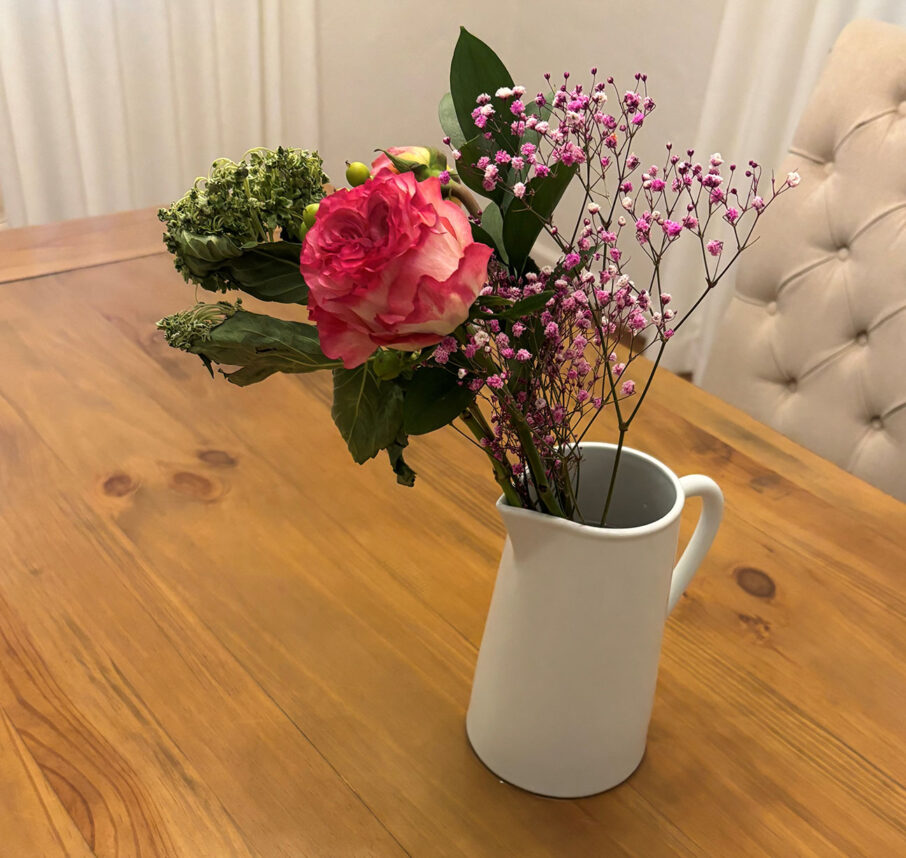
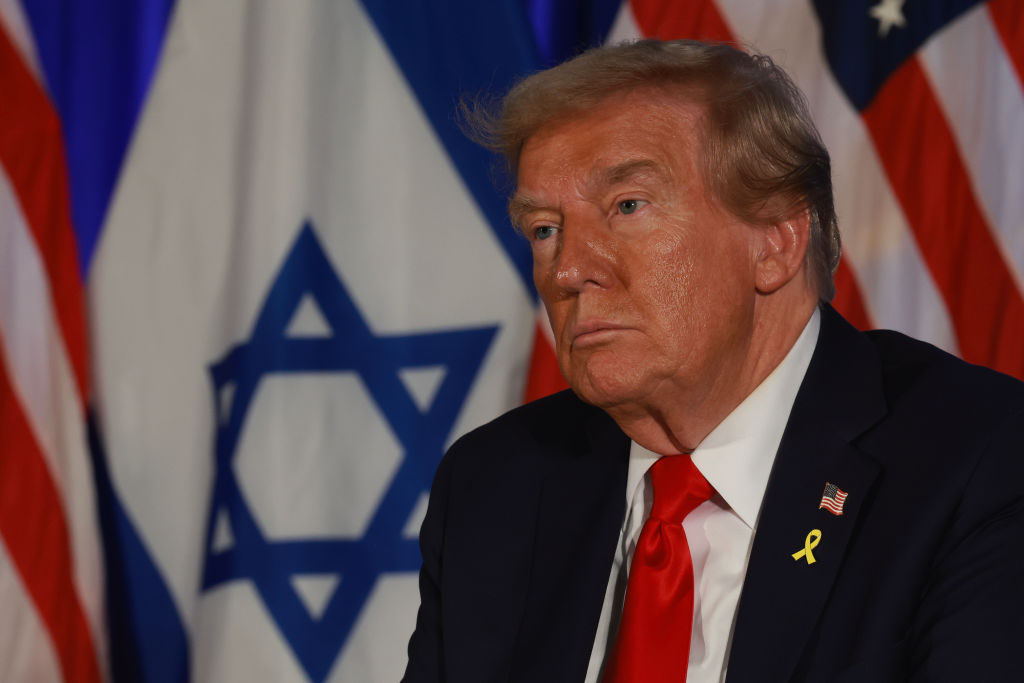
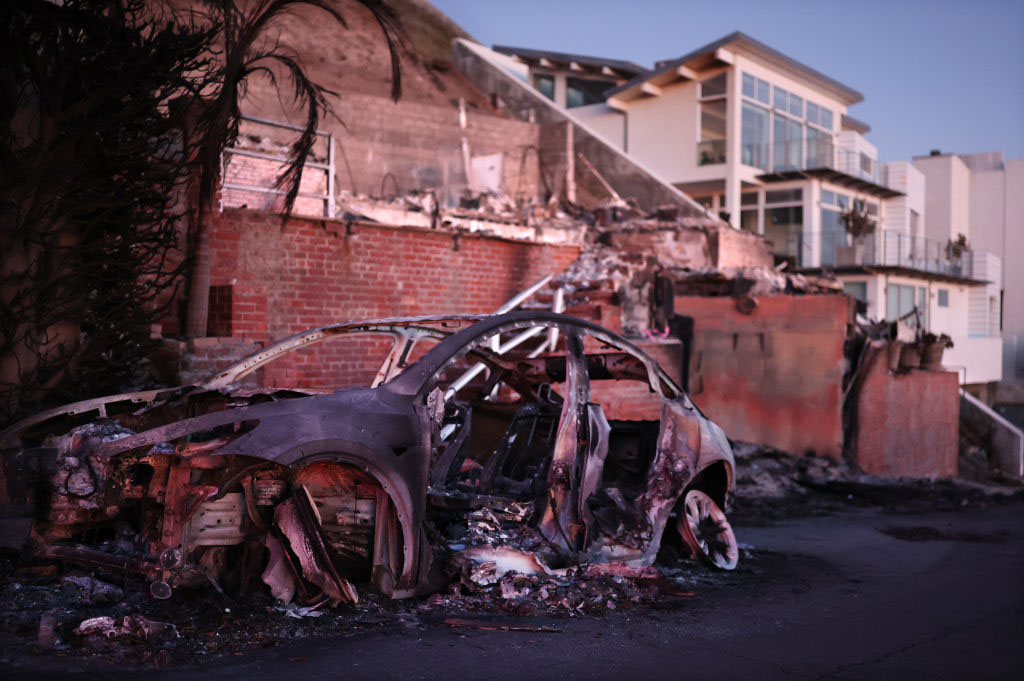

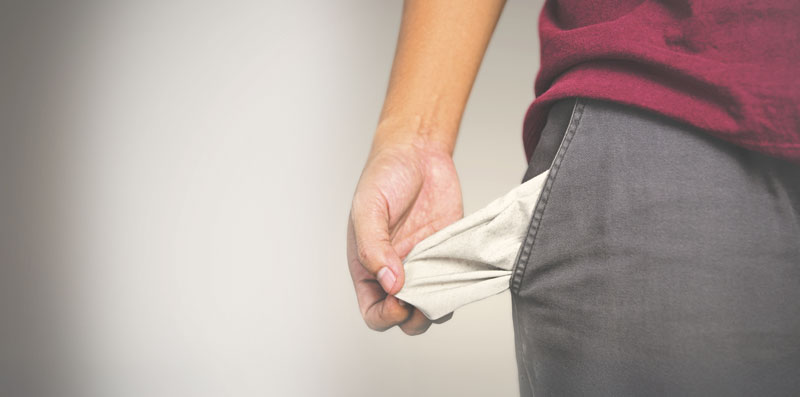
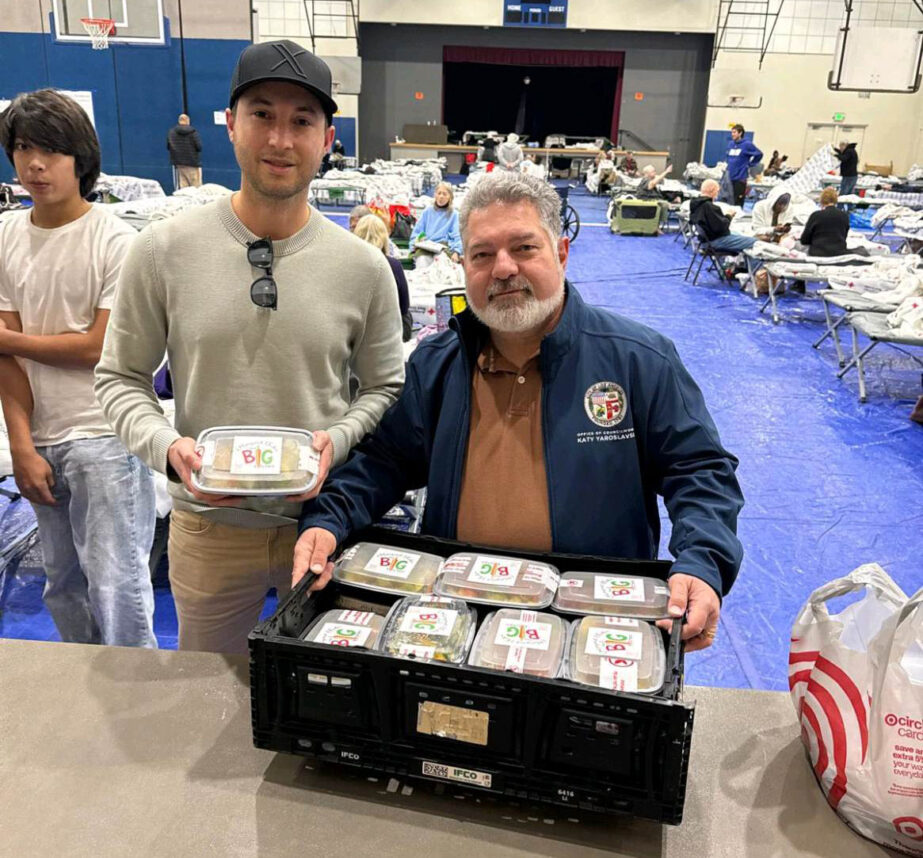
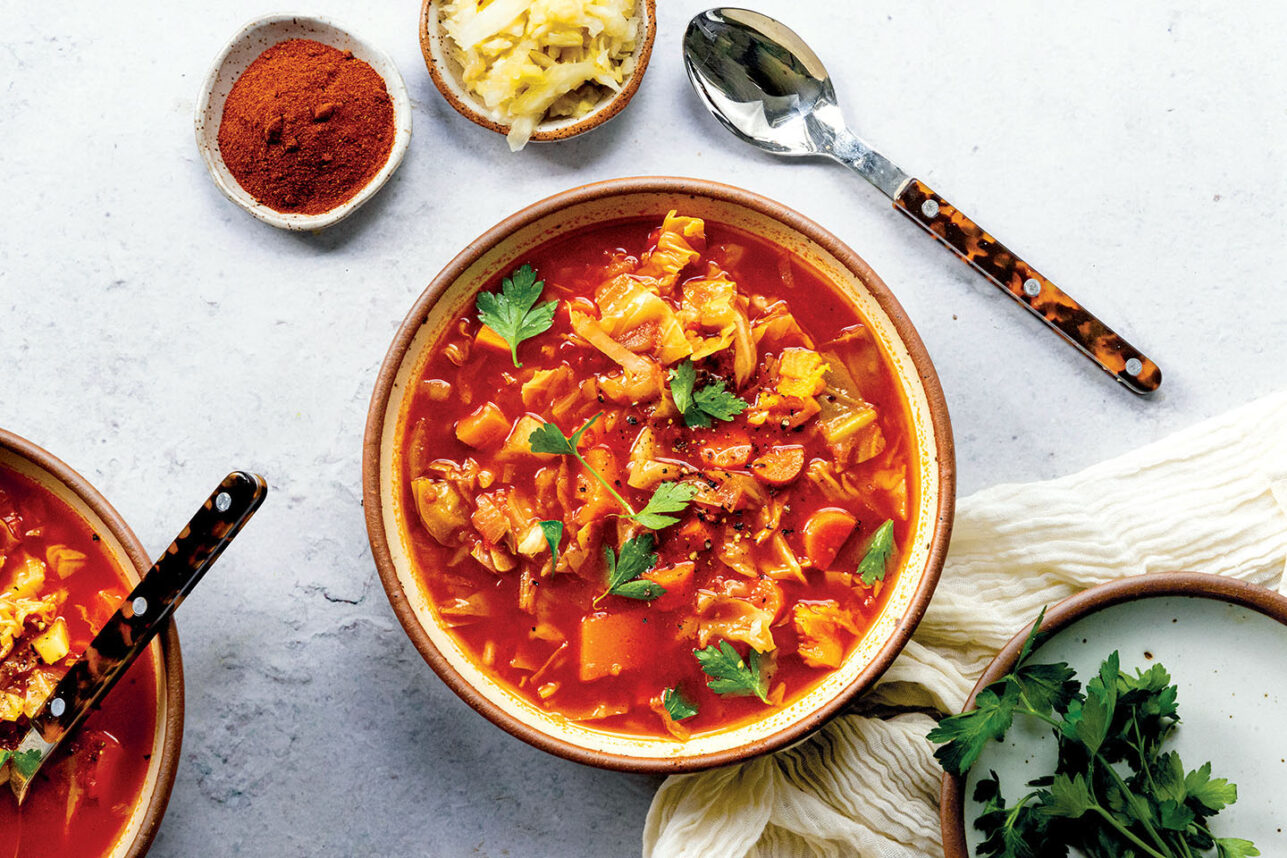
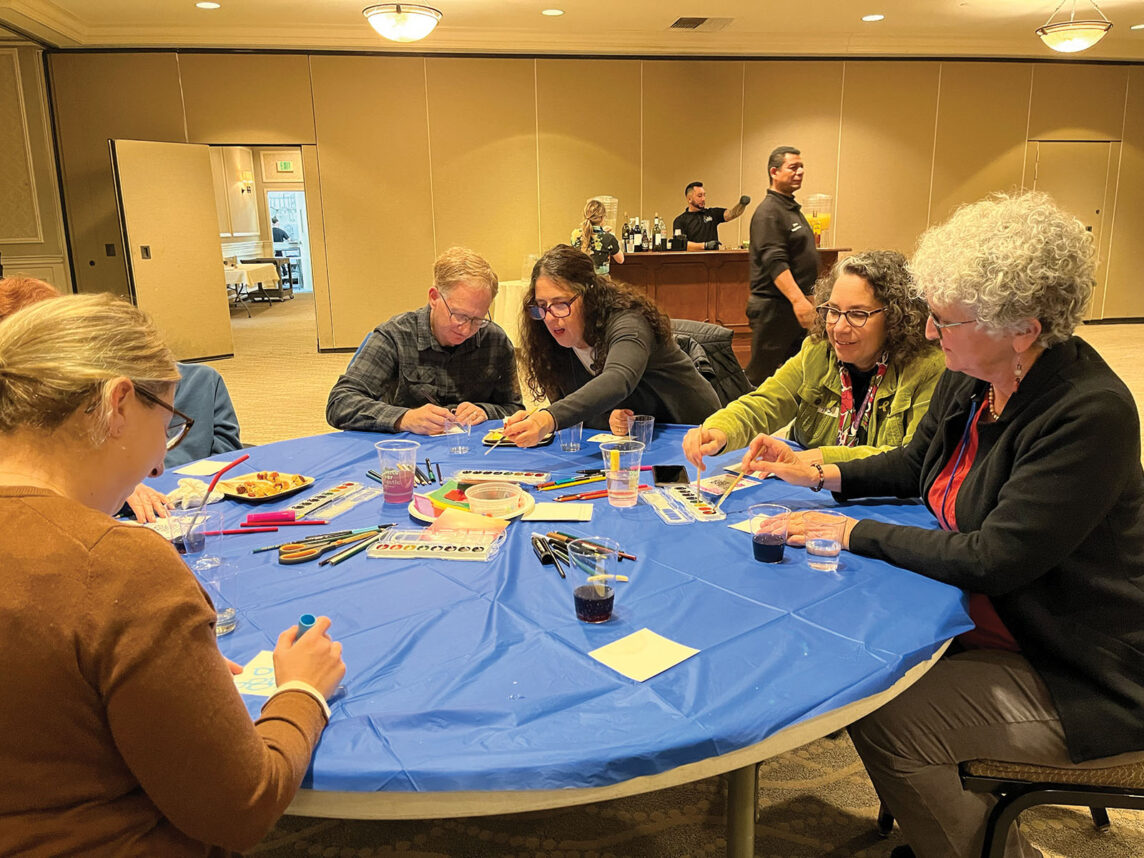



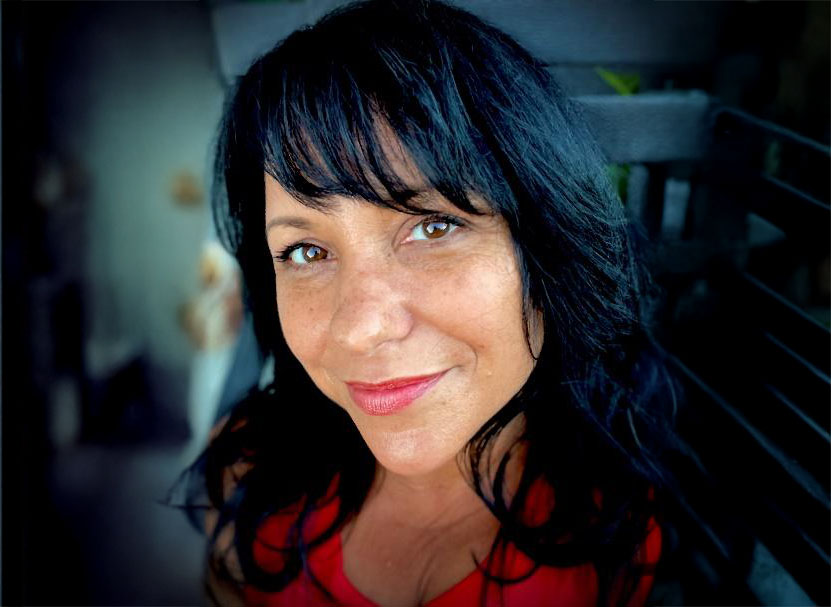
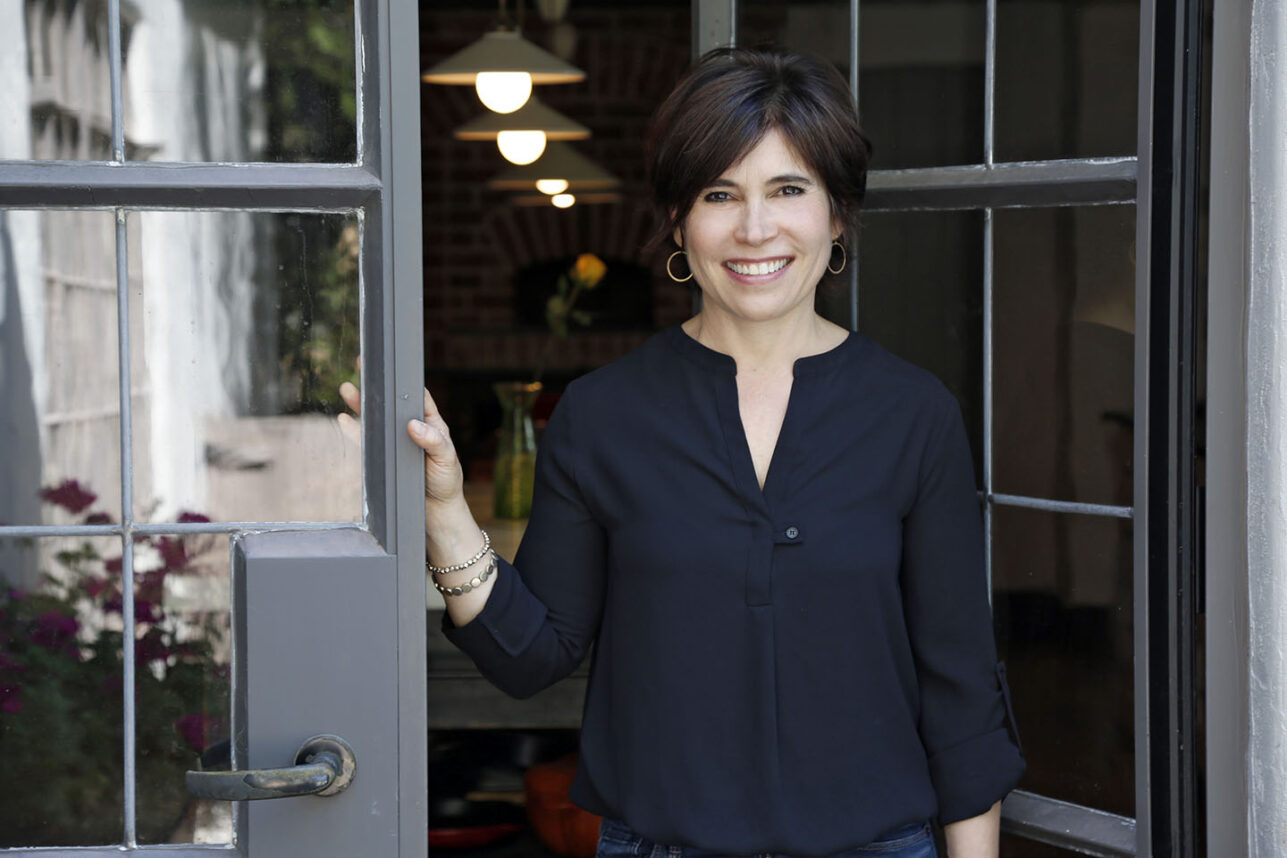

 More news and opinions than at a Shabbat dinner, right in your inbox.
More news and opinions than at a Shabbat dinner, right in your inbox.